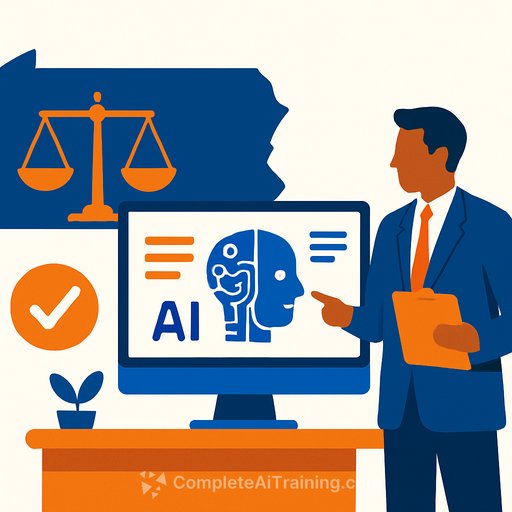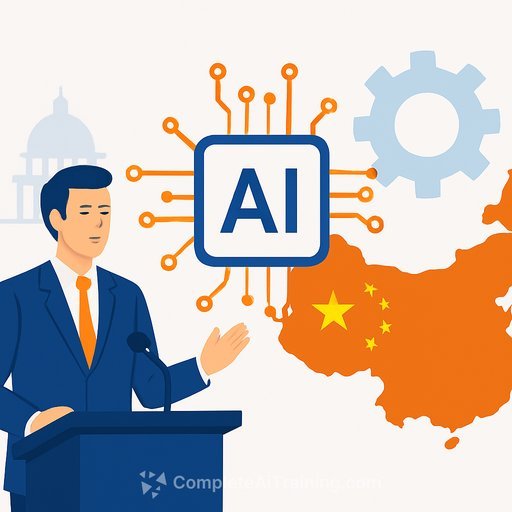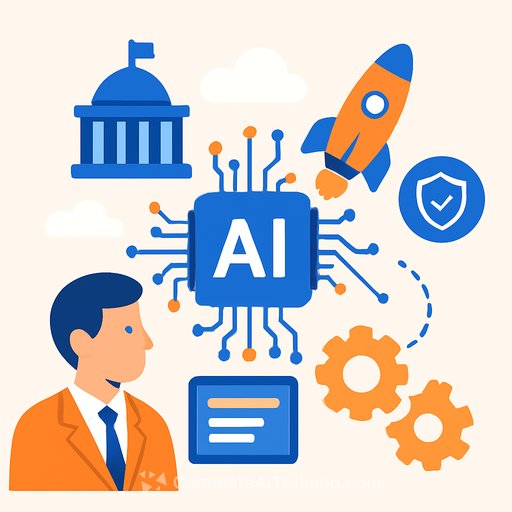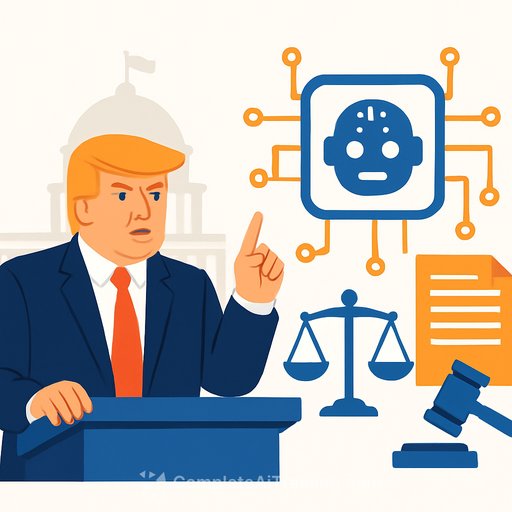Pennsylvania Advances AI Use in Government Agencies
Pennsylvania is moving forward with expanding artificial intelligence (AI) tools in state and local government agencies. The goal is to reduce workloads by having AI handle routine tasks that currently consume hours and significant budgets.
As the state positions itself as an AI and data center hub, it has become one of the first to explore generative AI across government departments. Since January, a year-long pilot program has involved 175 employees from 14 agencies using ChatGPT Enterprise for tasks like brainstorming and proofreading.
How AI Is Being Used in the Pilot Program
According to Dan Egan, communications director for the Office of Administration, the most common uses of ChatGPT included writing assistance, research, brainstorming, and summarizing large documents or datasets. These applications are relevant across many government roles.
The state invested $108,000 covering licenses, training, and support. OpenAI has recognized Pennsylvania’s pilot in its announcement of ChatGPT Gov, a version specifically built for government users.
Feedback from employees was largely positive, with an average time savings of 95 minutes per day. This success has encouraged the state to expand AI access, with training on safe and responsible use as a mandatory step before employees can use these tools.
Balancing Benefits and Risks
Experts caution that generative AI, which creates text, images, and videos based on user prompts, carries risks. It often produces plausible but incorrect information, a phenomenon known as “hallucinating.”
Cole Gessner, responsible AI program manager at Carnegie Mellon University’s Block Center, advises treating AI outputs like work from a summer intern—always double-check the results.
The Block Center has been involved in advising the state on AI implementation and is working with leaders across Pennsylvania. The Department of Human Services is also exploring AI to improve efficiency while maintaining strict policies and oversight.
Current AI Policies and Local Government Involvement
Pennsylvania’s AI policy currently prohibits using generative AI to make decisions affecting employees and forbids entering private data into AI tools. Any content generated by AI must be reviewed and verified by users. The state reviews its IT policies annually, with the AI policy due for review in March.
Most local governments lack specific AI guidelines, but Allegheny County is developing a policy expected to be finalized this year. Governor Josh Shapiro signed an executive order in 2023 setting standards for generative AI use and established a governing board to oversee AI policy and implementation.
A Labor and Management Collaboration Group now advises on AI use, ensuring employee input is considered.
AI’s Place in Government Workflows
The Shapiro Administration stresses that AI is a tool to assist, not replace, the expertise of government employees.
AI has long been used in government for tasks like climate modeling, which involves analyzing large data sets. However, generative AI remains experimental, with benefits needing to outweigh risks.
For example, AI shows promise in streamlining bureaucratic tasks such as permit applications, which follow predictable formats and rules. Rep. Jason Ortitay is pursuing a pilot program to test AI in processing permits within the Department of Environmental Protection.
Ortitay emphasizes the need for careful piloting and trust-building before broader adoption, warning against rushed implementation that could disrupt operations.
Local Pilots and AI Adoption in Pittsburgh
The Housing Authority of the City of Pittsburgh (HACP) is also exploring AI to speed up housing application processes. They are finalizing a contract with Bob.ai to use AI for recertifications, which are required every two years for around 5,100 tenants.
This pilot aims to reduce processing times by up to 50% and cut backlog by up to 75%. In April, HACP started a one-year pilot of Google Gemini with 60 employees, primarily to improve internal communication and document drafting.
Monty Ayyash, HACP’s senior IT director, says the agency is introducing AI cautiously, monitoring its impact to ensure employees remain effective and can learn AI without disruption.
Looking Ahead
- State agencies plan to expand AI access with responsible use training.
- Local governments are starting to develop AI policies to guide adoption.
- Pilot programs continue to test AI’s role in streamlining routine government tasks.
- Ongoing oversight and employee involvement remain priorities as AI use grows.
For government professionals interested in AI training and tools, exploring resources like Complete AI Training can provide practical skills and knowledge to work effectively with AI technologies.
Your membership also unlocks:






